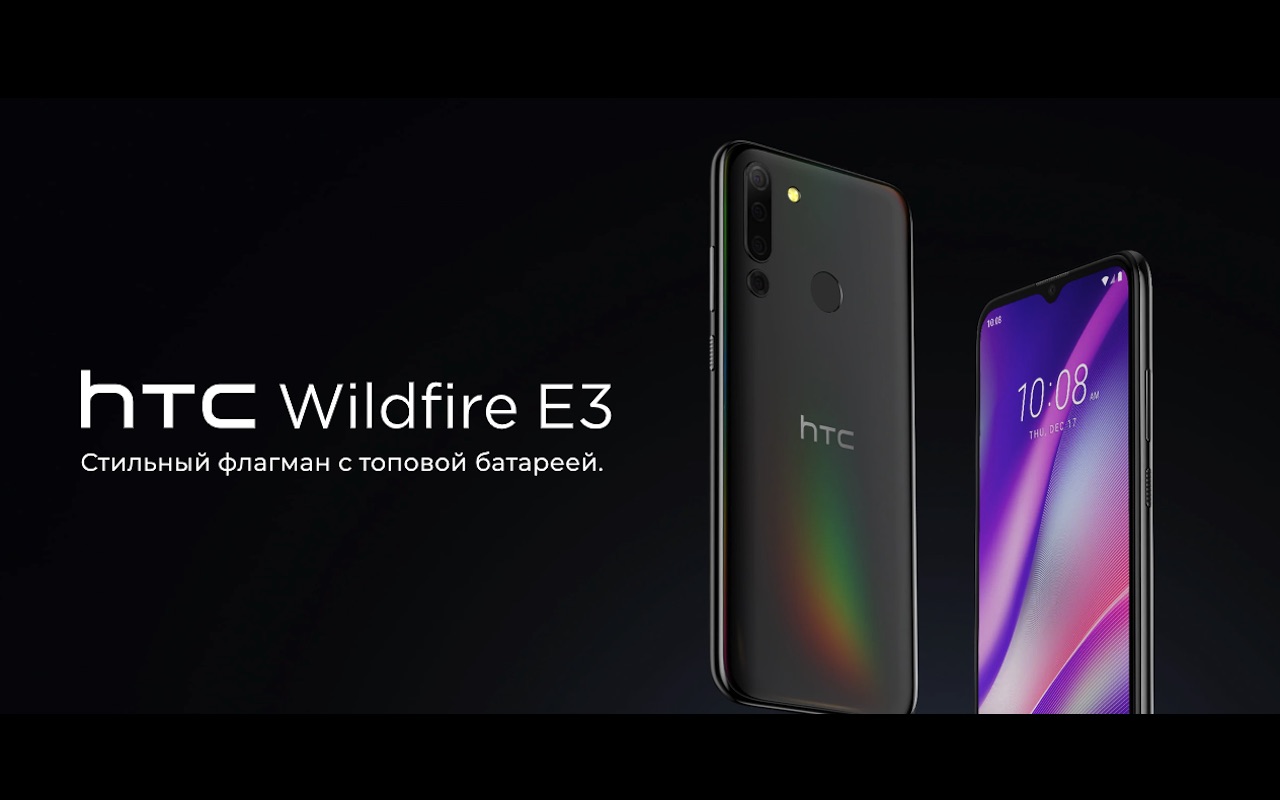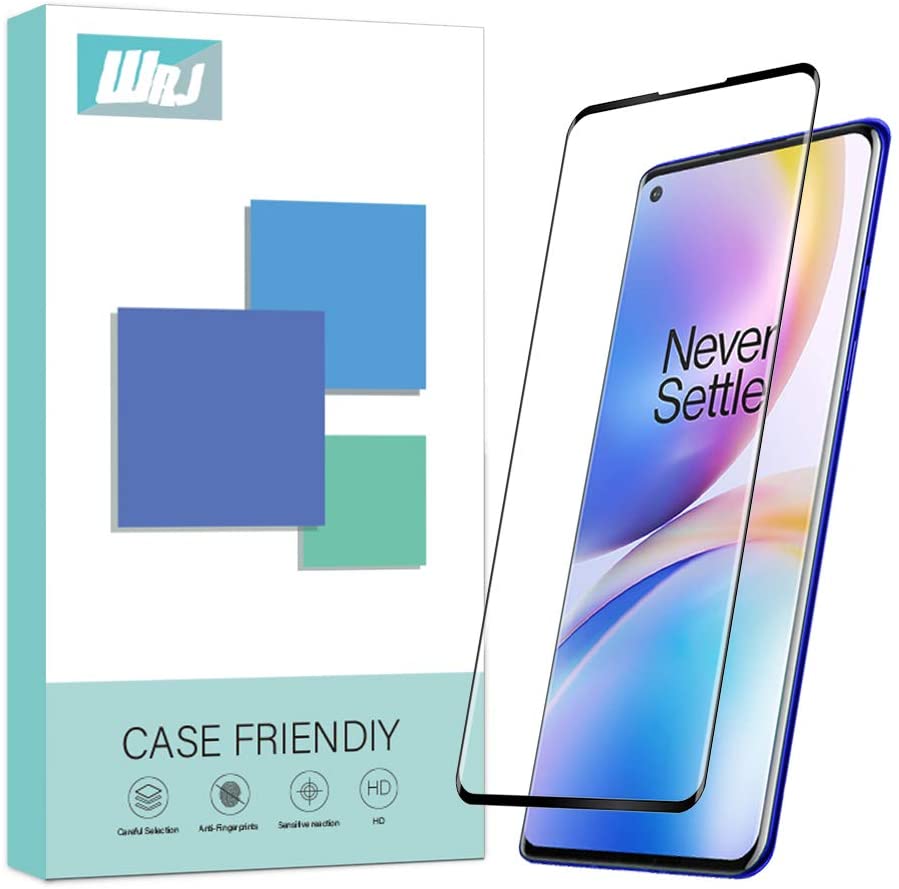FAQ - Xiaomi's U.S. trading ban just got canceled. What happens now - Android
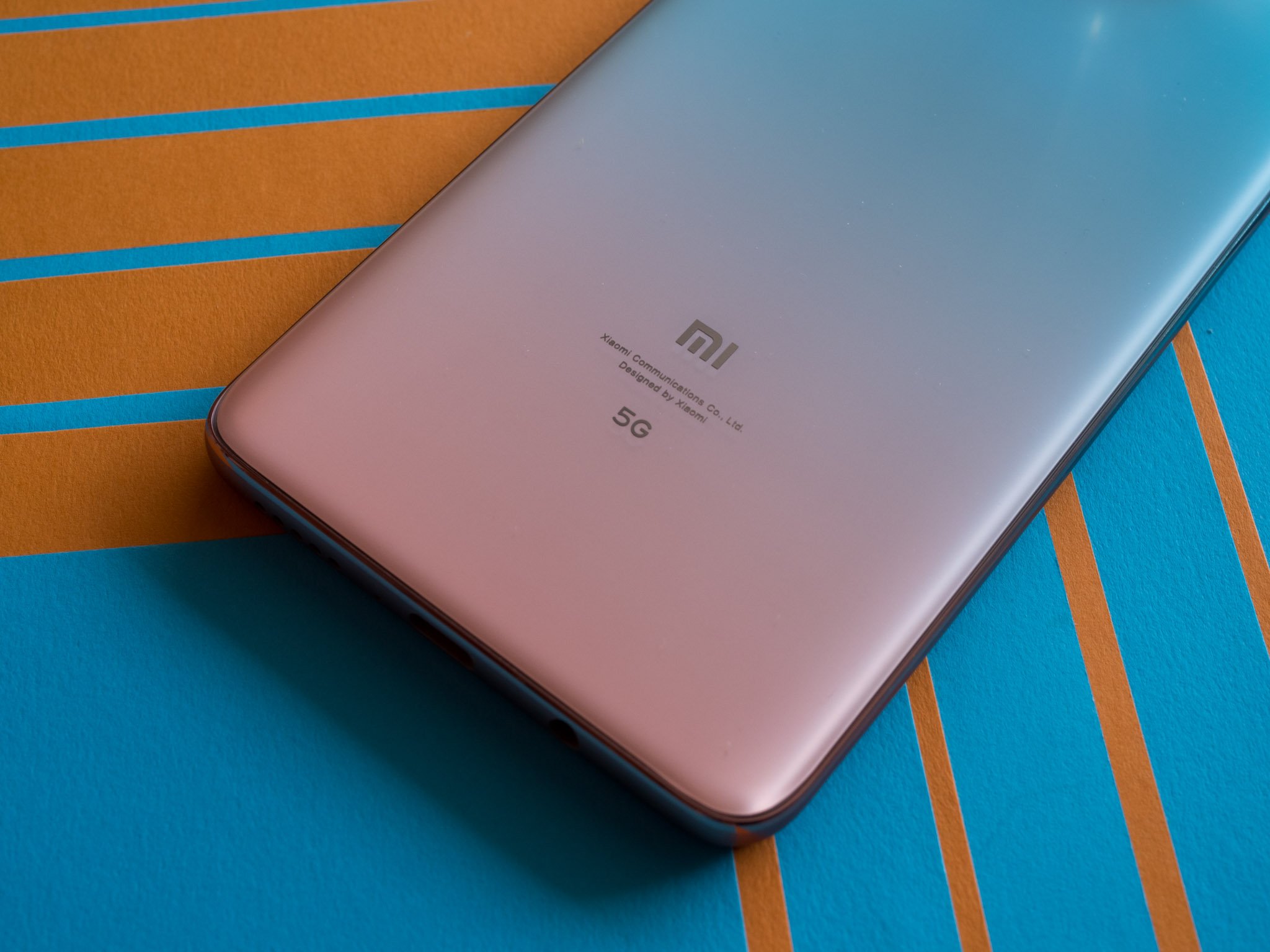
Xiaomi, like many Chinese companies, has teetered on a razor's edge in the U.S. market. Tensions between the U.S. and China have led to a situation where no matter how good many of Xiaomi's products are, it seems like it's never going to be welcomed into the country.
In January, former U.S. President Donald Trump placed new restrictions on Xiaomi as part of a package of measures targeting Chinese firms. The company fought these measures in court and has since obtained an order halting enforcement of the restrictions.
Hang on a moment — why did Xiaomi get banned?
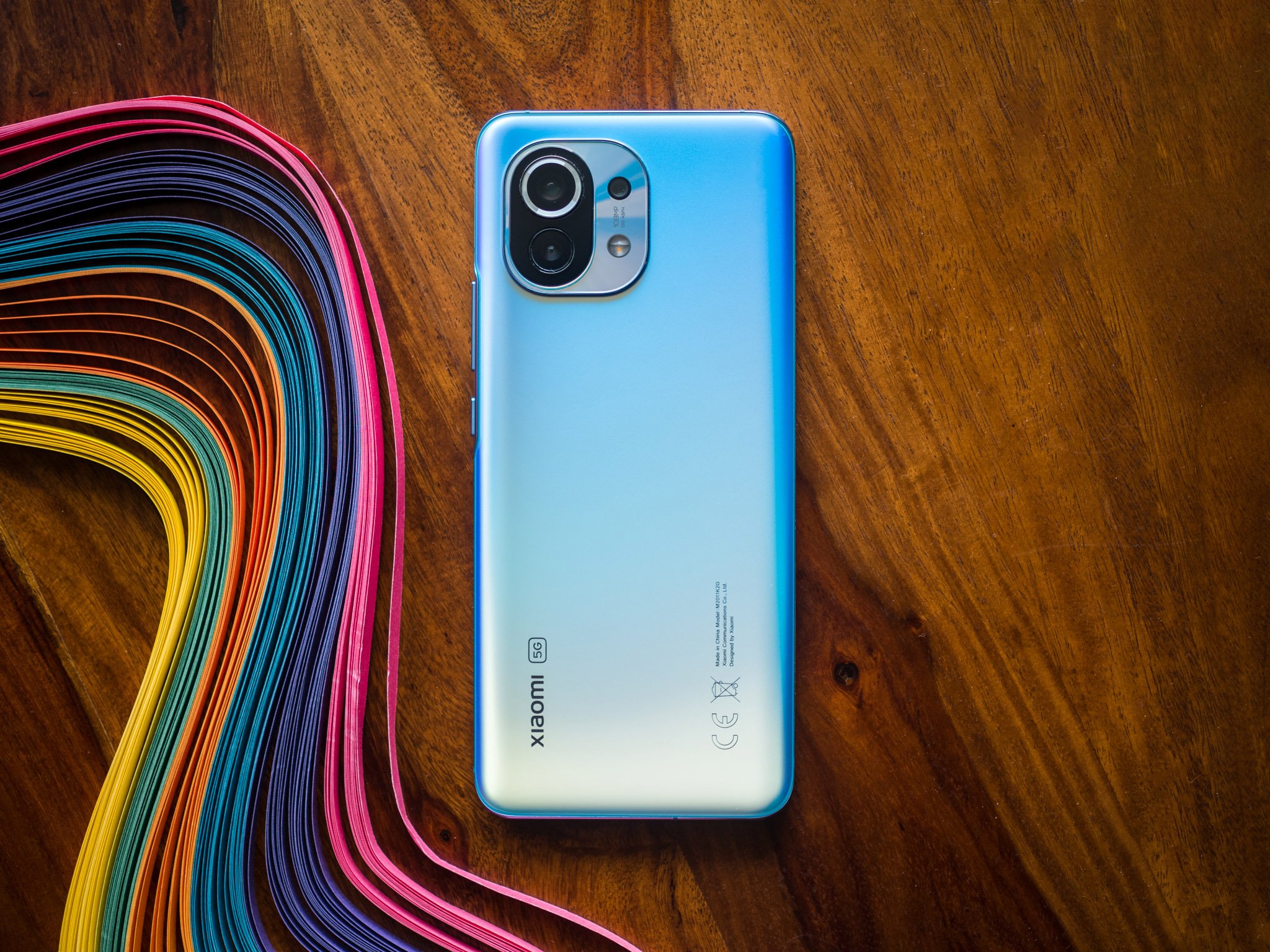
Specifically? Xiaomi didn't get banned or barred from the market in the way that Huawei did. Instead, the company was placed on a blacklist, preventing U.S-based businesses from investing in it. This was more of an attack aimed at the company's wallet than it was at stopping Xiaomi from doing business entirely. The reasoning given was that Xiaomi was an arm of the "Communist Chinese Military" and therefore could not be trusted or supported by U.S. parties. Of course, Xiaomi objected vehemently to this accusation, reiterating that it was a company that serviced civilians and businesses first and foremost.
In a statement delivered to Android Central, Xiaomi said:
The Company confirms that it is not owned, controlled or affiliated with the Chinese military, and is not a "Communist Chinese Military Company" defined under the NDAA. The Company will take appropriate course of actions to protect the interests of the Company and its shareholders.
So does the court's ruling mean that Xiaomi is home free now?
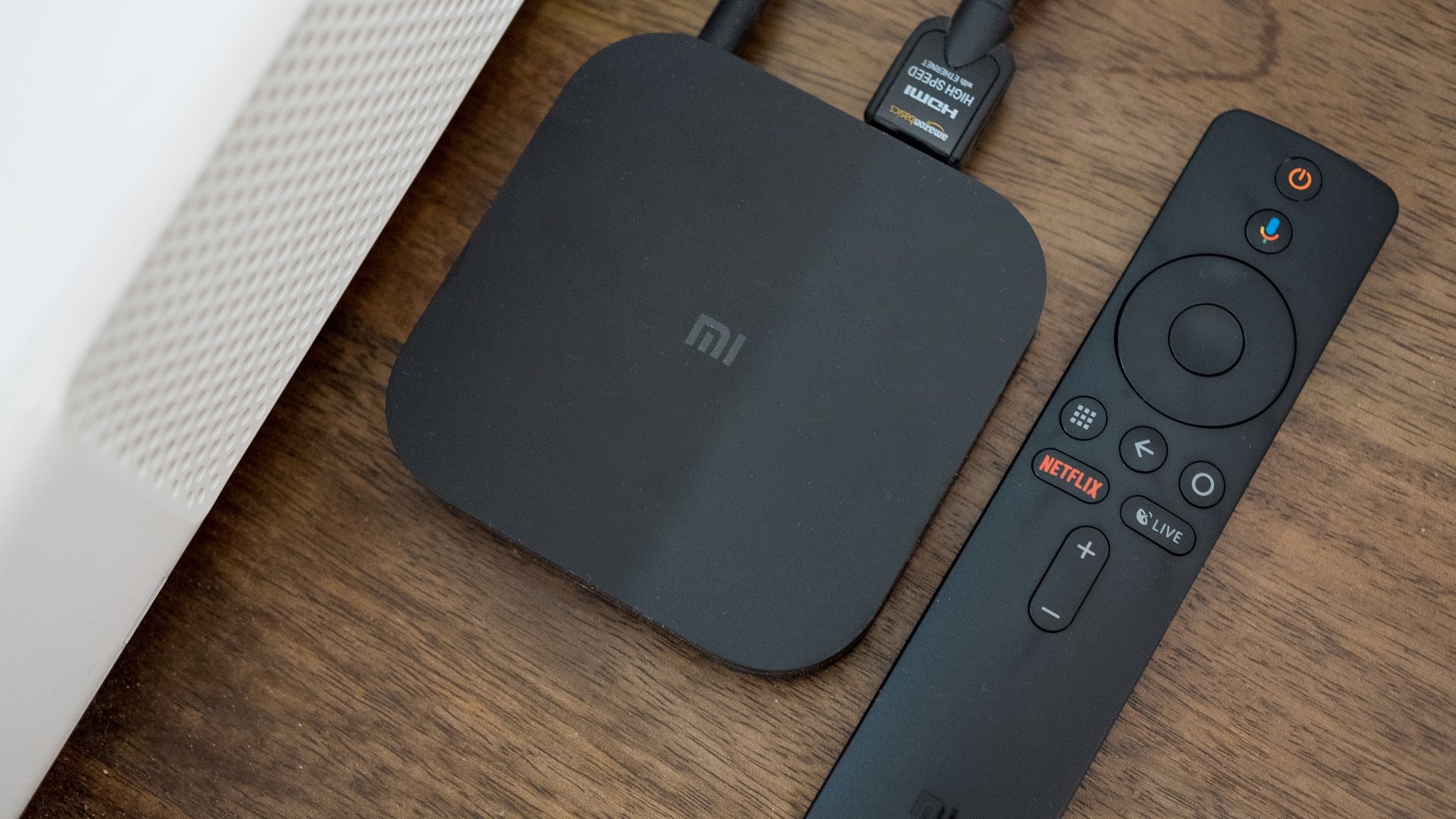
Well, Xiaomi did have a compelling argument. They really aren't affiliated with the Chinese military as far as anyone can prove, and a U.S. court has thus far agreed with that characterization.
On March 12, U.S. District Judge Rudolph Contreras also noted that the national security concerns were somewhat questionable and that he was "somewhat skeptical that weighty national security interests are actually implicated here."
It's worth noting that the restrictions on Xiaomi have not been lifted just yet. What has happened is that the judge has halted the order temporarily until the case is concluded. It is theoretically possible that some evidence may come to light to reverse his decision. At this time though, that outcome appears highly unlikely, and Contreras believes Xiaomi will win its case — hence why the order was halted to prevent "irreparable harm."
Following that, Xiaomi shared another statement reiterating its innocence:
Xiaomi believes that the decisions of designating it as a Chinese Communist Military Company are arbitrary and capricious, and the judge agrees with it. Xiaomi plans to continue to request that the court declare the designation unlawful and permanently remove the designation.
Do I need to worry about my Xiaomi phone?
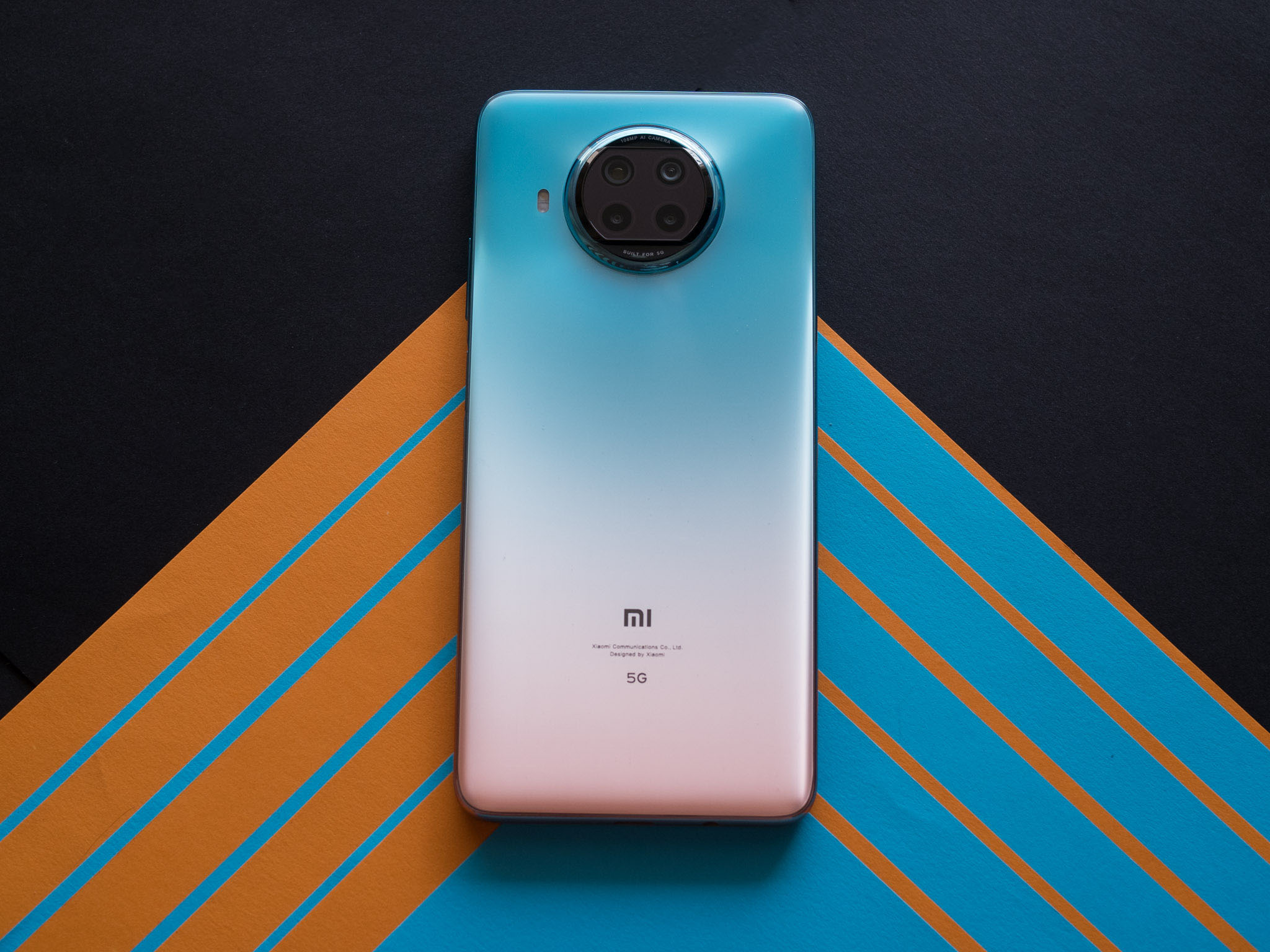
The restrictions that Xiaomi faced were unlike Huawei's. The effect they could have created would have been financial in nature. This could, in theory, have led to an organic decline in the quality of Xiaomi's hardware and software. It would not result in anything like the removal of Google Play from future phones, nor would it have lead to Xiaomi needing to scramble for components from an ever-shrinking list of suppliers. Your Xiaomi phone would be fine.
I heard Huawei's also been banned. Will that change too?
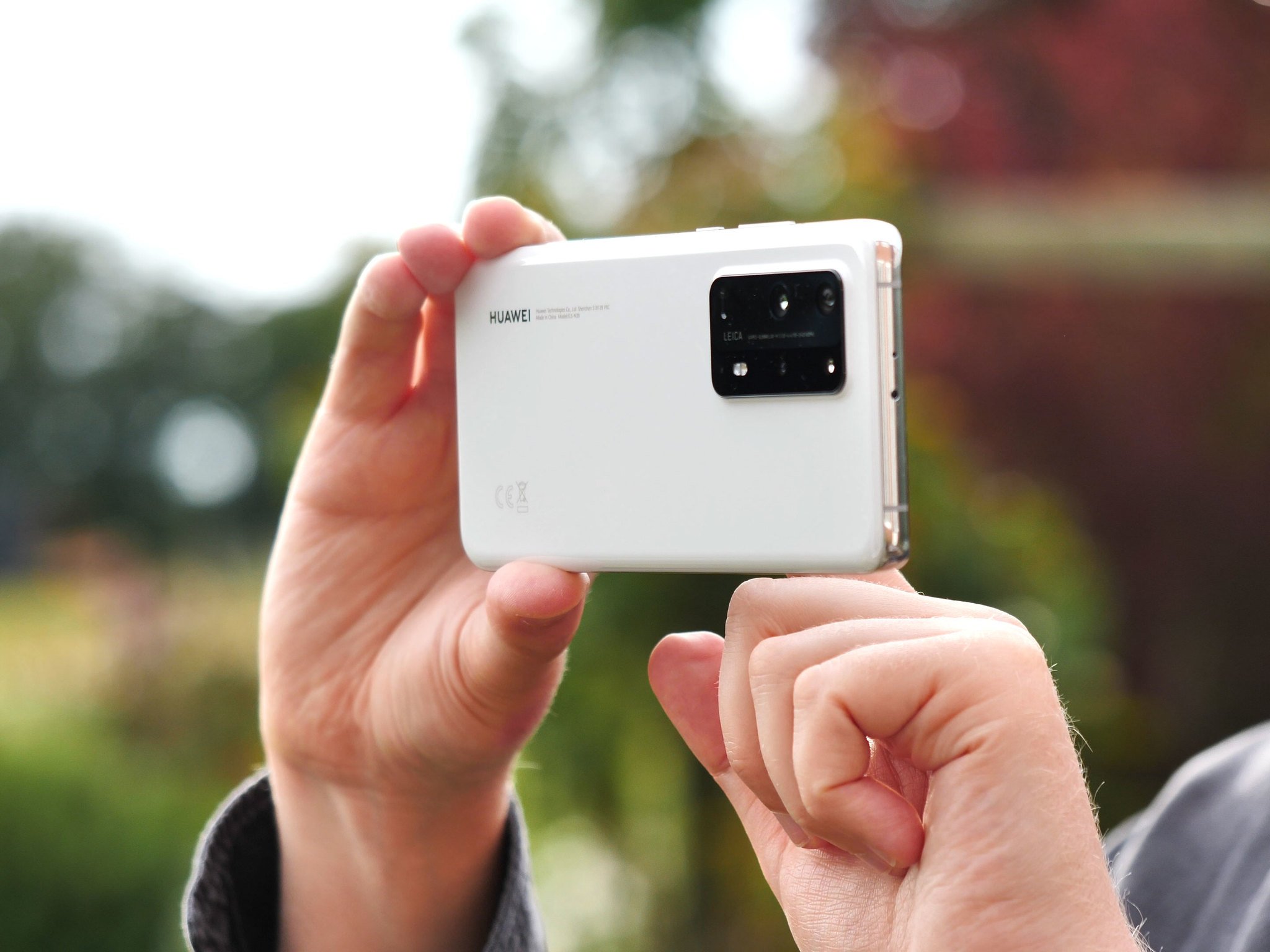
Huawei and Xiaomi are very different companies, and the allegations against each are quite different. In the short version, Xiaomi's case has no bearing on Huawei's other than them being both Chinese companies.
To give a lengthier explanation, Huawei has faced a lot of criticism and skepticism concerning the level of access the company's network infrastructure provides it. With Huawei previously powering the move to 5G and helping build cellular towers across the world, there were concerns that the Chinese military could somehow hijack these and monitor communications on a worldwide scale. There's also been a lot of vague criminality around Huawei, though it's not clear how this translates to Huawei's current level of restrictions. The evidence that necessitated the moves against it has never been made public, which is something that Huawei has been keen to point out over and over again.
Huawei may very well find itself in Xiaomi's shows in the future, but it's not looking good for them at this point.
I heard something about TikTok and WeChat. What's going on there?
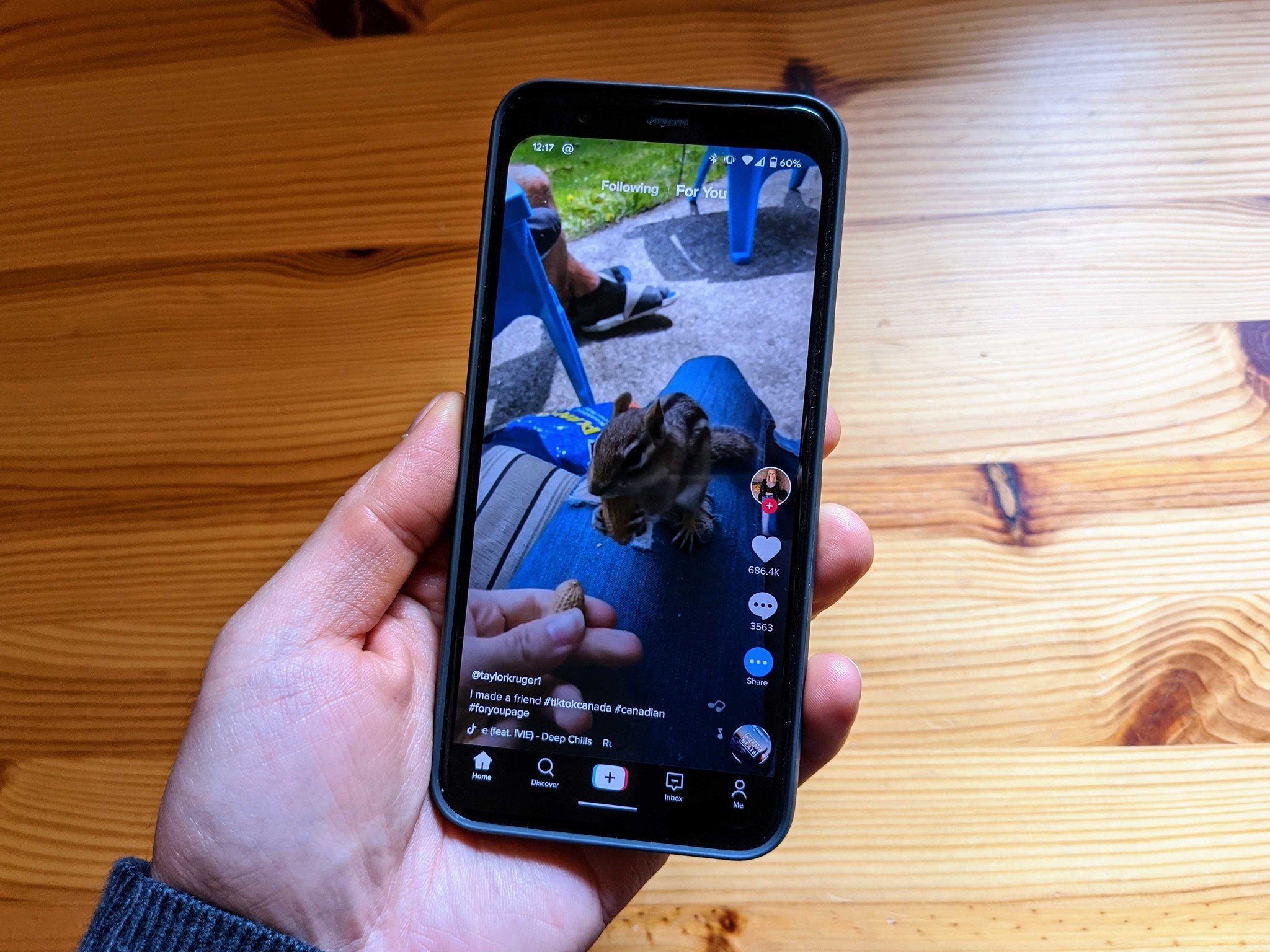
TikTok and WeChat were also targeted for restrictions in the U.S. last year. Both are social media apps that could, in theory, be used to carry out counter-intelligence surveillance on U.S. grounds. They were potential national security holes, or so the argument went.
TikTok automatically captures vast swaths of information from its users, including Internet and other network activity information such as location data and browsing and search histories. This data collection threatens to allow the Chinese Communist Party access to Americans' personal and proprietary information — potentially allowing China to track the locations of Federal employees and contractors, build dossiers of personal information for blackmail, and conduct corporate espionage.
In practice? Well, this was always more about theory than practice. After suffering court defeat after court defeat, the Trump administration didn't seem particularly concerned about banning these companies once the election was over, and the courts were able to halt any executive orders that would have carried out the ban. Adding another nail in this coffin, the Biden administration has walked away from this policy, saying that it would "review specific cases in light of a comprehensive understanding of the risks we face."
So, what is going to happen next?
Xiaomi is expected to win its case and be free of the current restrictions in their entirety. The change in U.S. administration doesn't guarantee that Chinese firms will be safe from future bans. However, it is more likely that future bans could be more limited and nuanced in both scope and application.
16/03/2021 09:00 PM
Uber will reclassify drivers in the UK as workers
16/03/2021 11:05 PM
Instagram will now stop adults from messaging teens who don't follow them
16/03/2021 10:57 PM
Now Pocket can tell you if that article will fit in your bathroom break
16/03/2021 03:41 PM
Proposed face unlock system would let you access your device with a wink
16/03/2021 02:27 PM
Instagram stops adults from DMing teens who don't follow them
16/03/2021 03:04 PM
HTC Wildfire E3 announced in Russia, ready with quad cameras
16/03/2021 12:45 AM
Your OnePlus 8 Pro deserves only the best screen protectors
16/03/2021 07:00 PM
- Comics
- HEALTH
- Libraries & Demo
- Sports Games
- Racing
- Cards & Casino
- Media & Video
- Photography
- Transportation
- Arcade & Action
- Brain & Puzzle
- Social
- Communication
- Casual
- Personalization
- Tools
- Medical
- Weather
- Shopping
- Health & Fitness
- Productivity
- Books & Reference
- Finance
- Entertainment
- Business
- Sports
- Music & Audio
- News & Magazines
- Education
- Lifestyle
- Travel & Local





